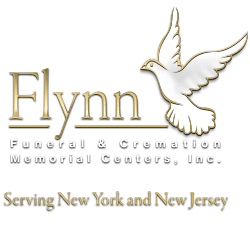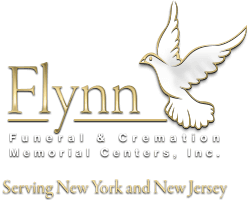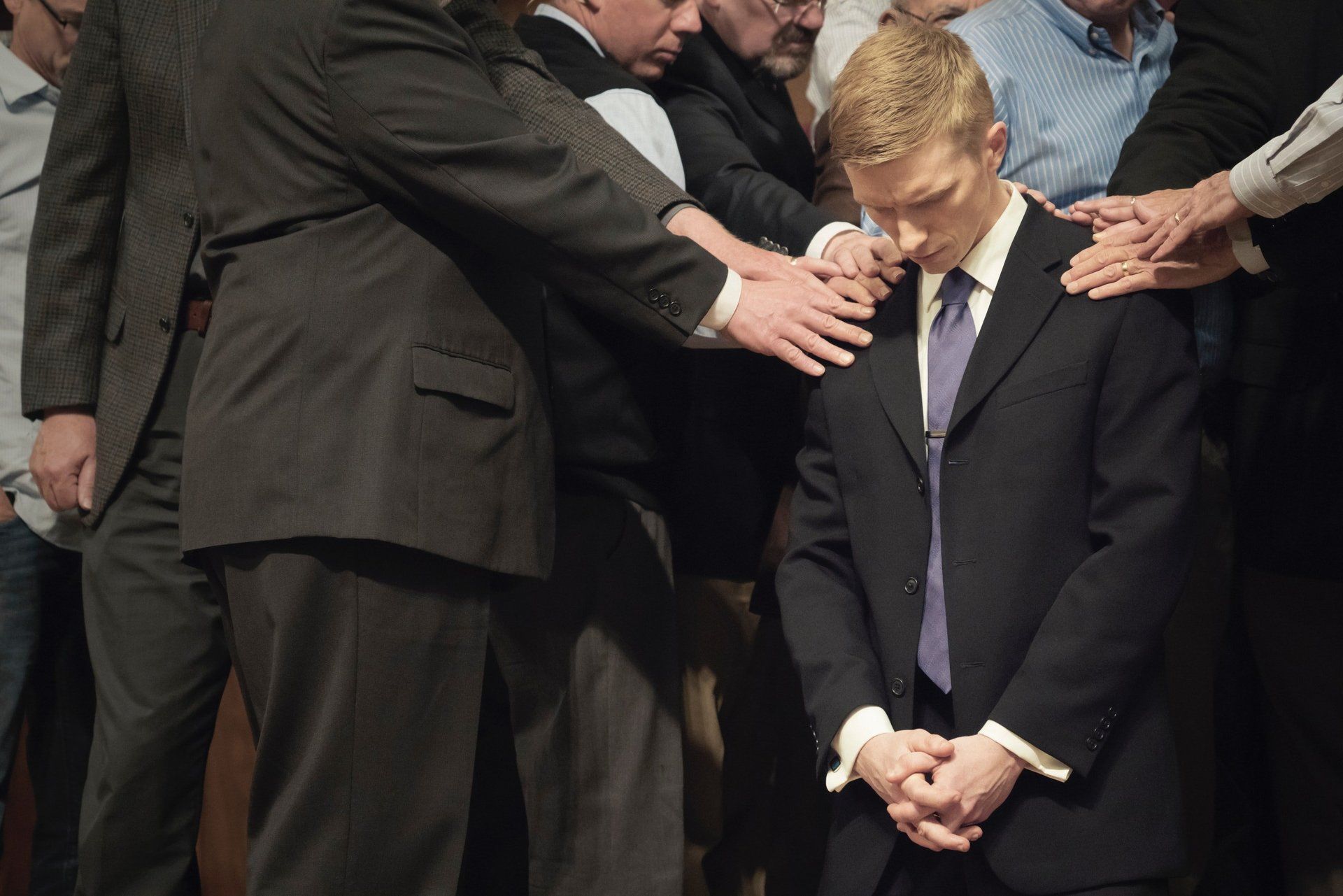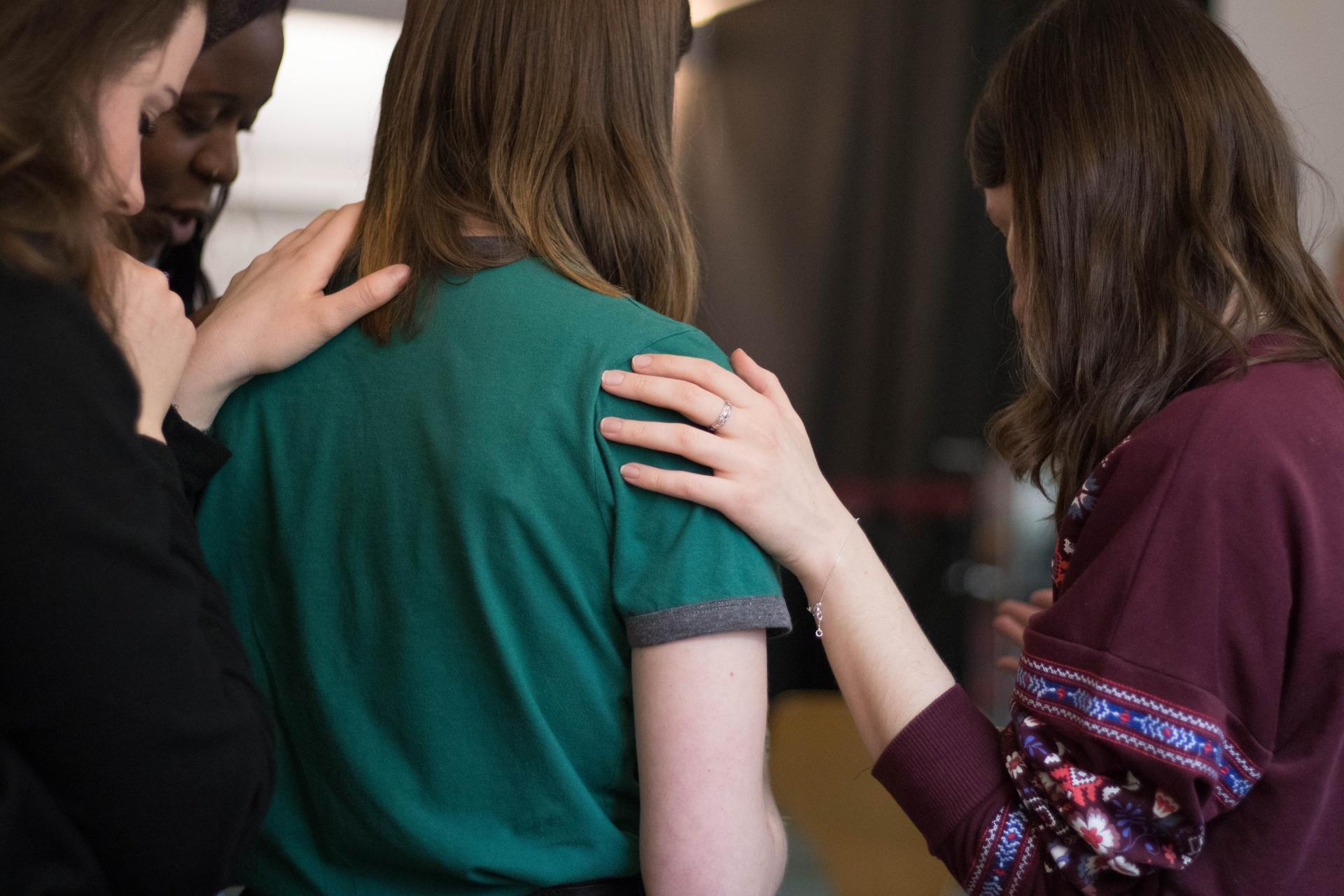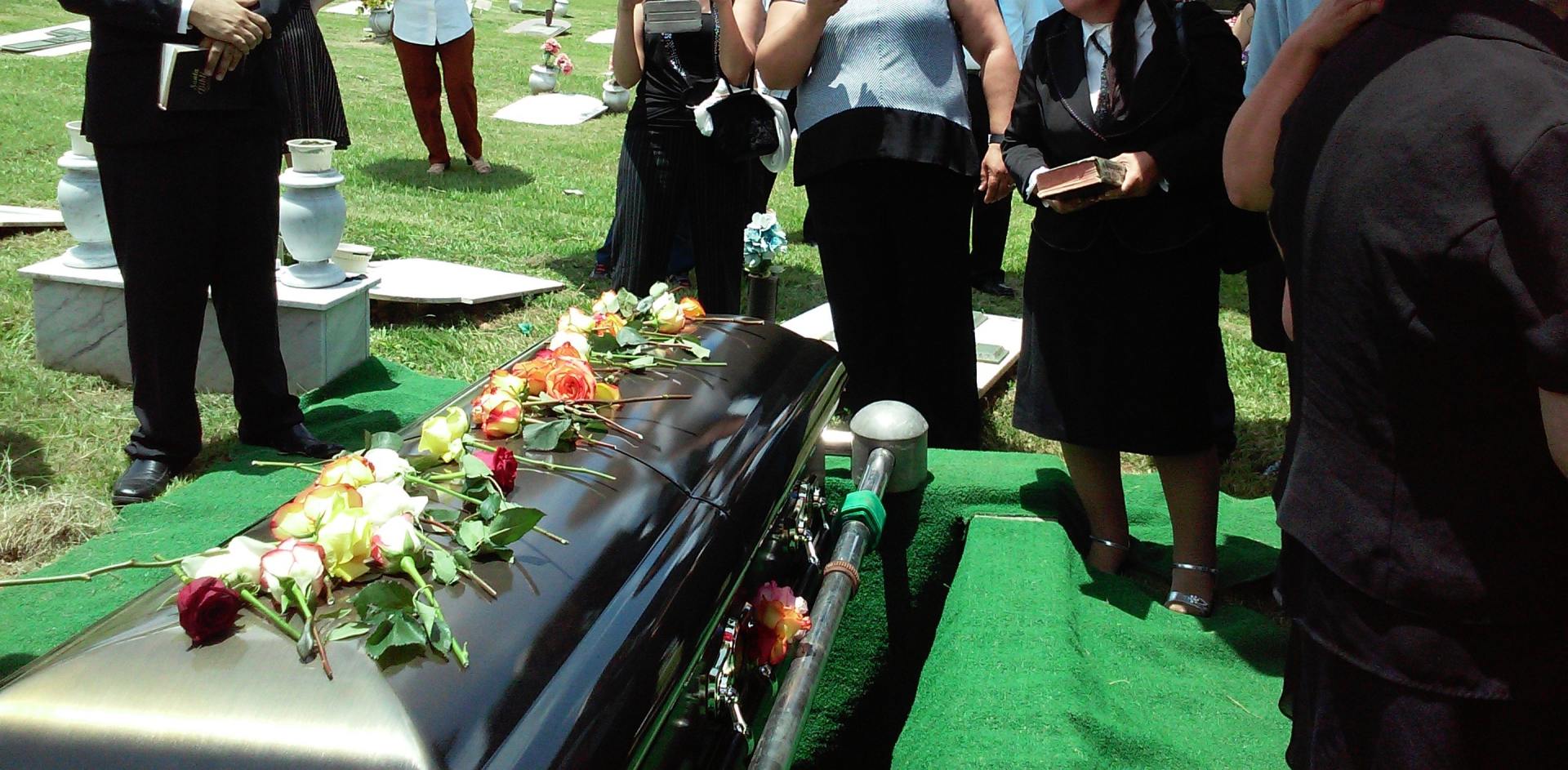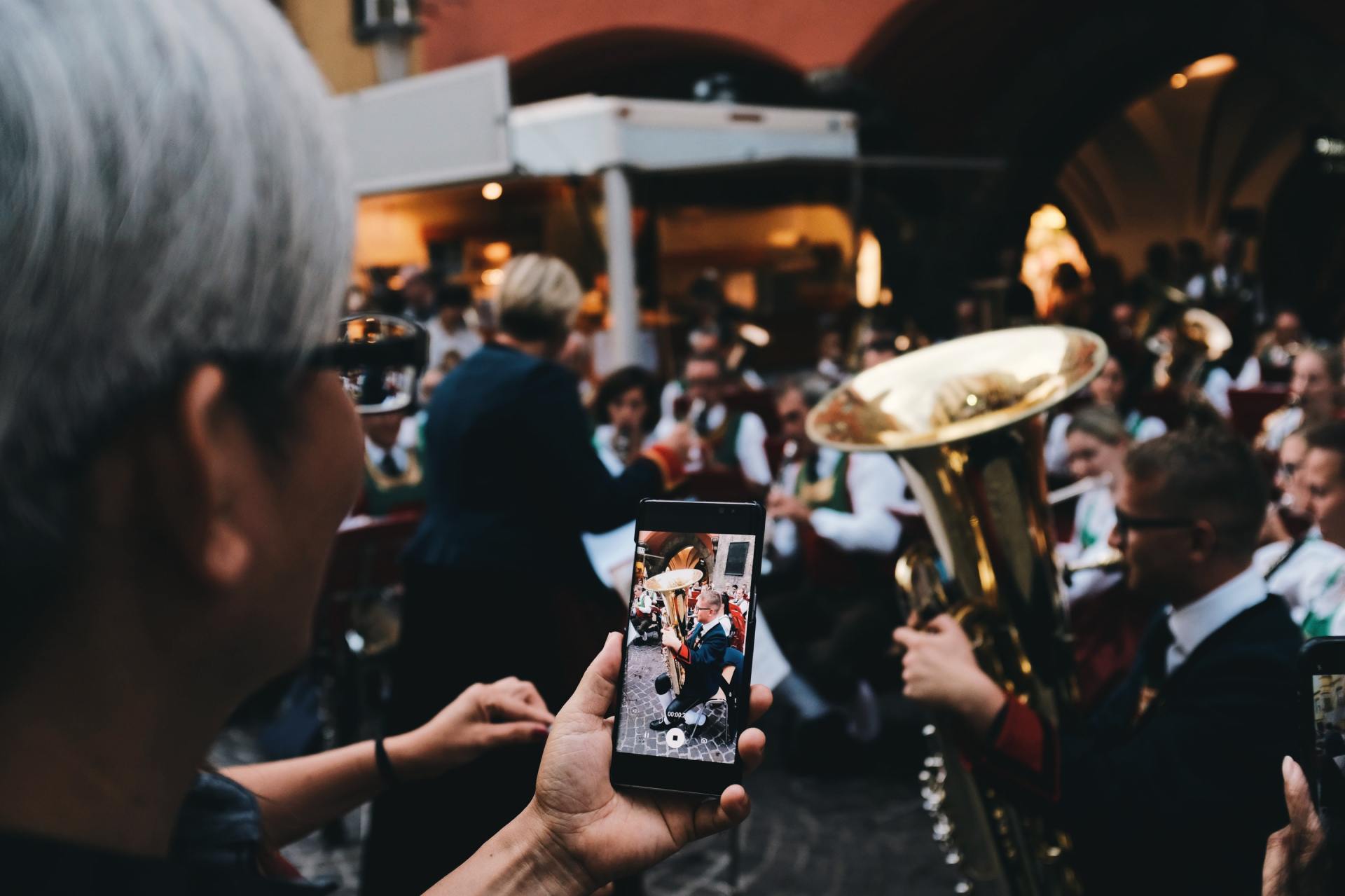What is a Funeral?
What Makes a Funeral?
Anthropologists label a funeral as a rite of passage, which affects everyone involved–including the deceased. His or her social status changes dramatically, from a living contributing member of the community to one whose contributions are in the past, and relegated to memory. But the status of each of the survivors—the immediate family most especially—has also changed. In fact, the funeral service can be the start of a defined period of mourning for bereaved family members, marking this transition in a uniquely identifiable way.
Traditional Funerals Services
Families want to choose the end-of-life ceremonies that suits them best. This is because every family has different needs, values, and beliefs. Some families may choose traditional funeral services; others may prefer something less formal with a more casual and social approach. Traditional funerals are ceremonial in which the family and friends of the deceased mourn the passing of their loved one. Decisions on funeral arrangements often depend on costs, religious and cultural traditions, and/or personal preferences. These factors help families decide between traditional funerals and memorial services or life celebrations.
Understanding the Parts of a Funeral Service
Some people often avoid accepting a loved one's passing after losing the individual. This is an attempt to escape from the pain caused by grief. Some family and friends of the deceased may mistakenly believe that not attending a funeral will protect them from additional pain. Traditional funerals are not just ceremonies that honor the dead. They are also essential in allowing the family to begin the process of healing. Traditional funerals are crucial in recounting the memories of the deceased, establishing who they were and what they meant to their loved ones. After attending a traditional funeral, the family may have friends, colleagues, and distant relatives gather to share stories about the deceased. These stories will usually be shared at the reception. They can bring great comfort to the family and friends of the deceased.
